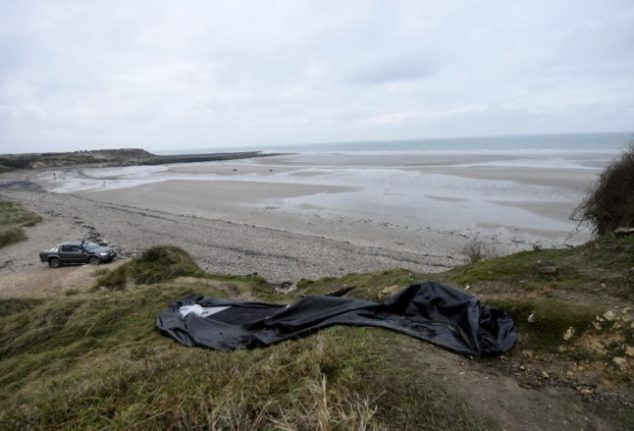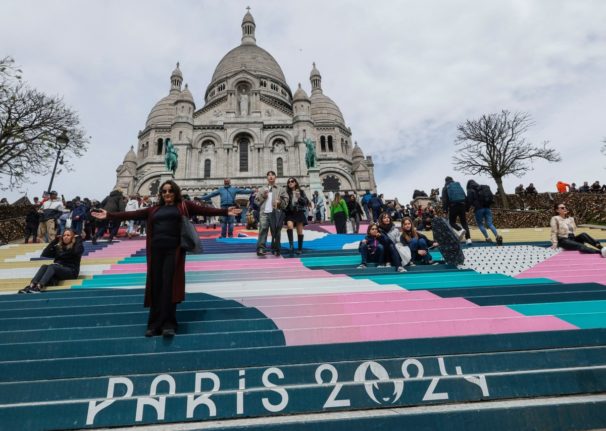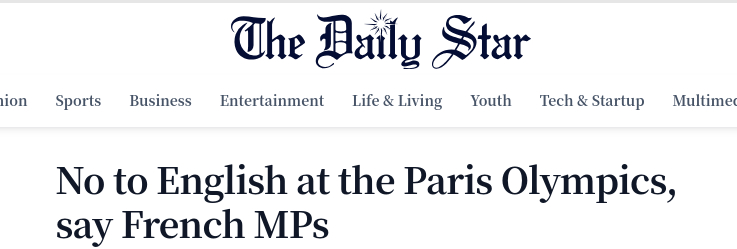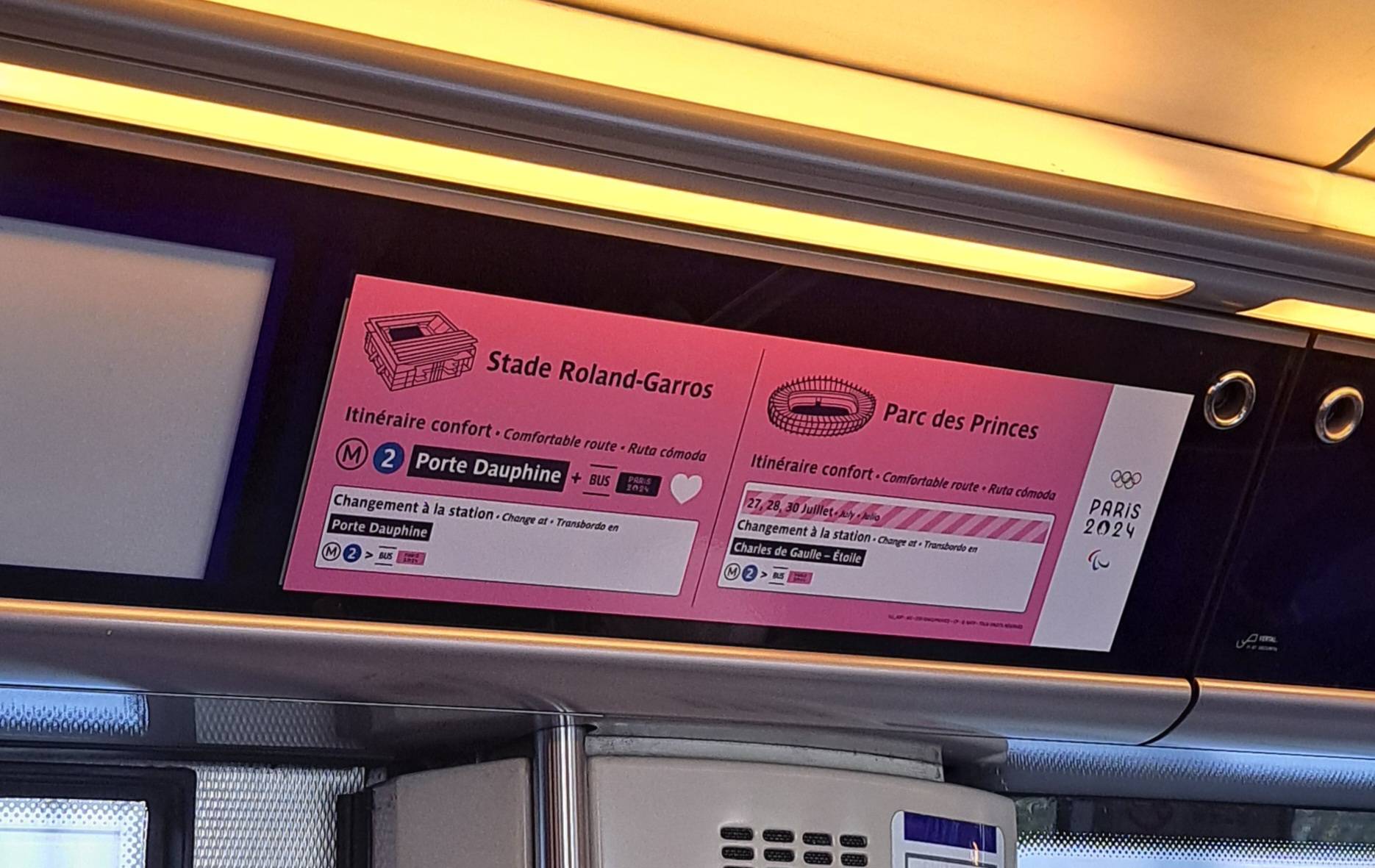France sought help from its European neighbours on Sunday to crack down on Channel people-smuggling gangs, with Interior Minister Gerald Darmanin saying he could “not accept” any more deaths after an unprecedented accident claimed 27 lives.
The aircraft will “fly day and night” over the area from France to the Netherlands, French Interior Minister Gerald Darmanin said at the end of a European meeting convened in northern France days after 27 migrants died in the Channel.
Ministers responsible for immigration from France, Germany, the Netherlands and Belgium convened in the northern French port of Calais on Sunday afternoon, but without Britain which was excluded after a row last week.
“The biggest point for this meeting is the fight against people-smugglers who take advantage of our borders and countries,” Darmanin said at the start of the event, adding that “migratory pressures continue and are constantly increasing”.
“These deaths are too many,” he said of the accident which saw 27 people drown on Wednesday after their inflatable dinghy began losing air crossing the English Channel in wintry temperatures.
The main focus was to have been scheduled talks between Darmanin and British counterpart Priti Patel after both countries vowed to cooperate to tackle a surge in crossings this year which has seen around 26,000 people set off from France to England.
But within 48 hours of Wednesday’s disaster, French President Emmanuel Macron had accused British Prime Minister Boris Johnson of being “not serious”.
READ ALSO OPINION: France protects the UK from the migrant crisis, a fact Britain will never accept
Paris was irked by Johnson’s initial reaction, which was seen as deflecting blame onto France, and then by his decision to write a letter to Macron which he published in full on his Twitter account before the French leader had received it.
Patel’s invitation to Sunday’s talks was withdrawn over the breach of diplomatic protocol, with an aide to Darmanin calling Johnson’s letter “unacceptable”.
Britain’s departure from the European Union has caused years of ill-will between Paris and London, with relations seen as at their lowest point in at least two decades.
Cross-border crime
Under-fire Patel called her absence “unfortunate” but said she would be holding “urgent talks” with European counterparts this week.
She spoke on Sunday morning with Dutch Immigration Minister Ankie Broekers-Knol, with a statement from the Home Office saying “the tragic incidents of last week demonstrate the need for European partners to work together”.
Without the participation of Britain — the intended destination country for the thousands of migrants and asylum seekers massed in northern France — there are limits to what can be achieved at Sunday’s meeting in Calais.
The EU’s home affairs commissioner Ylva Johansson, as well as the directors of the border force Frontex and police agency Europol also attended.
People-smuggling gangs are known to use Belgium, the Netherlands and Germany as bases to organise their operations.
Many migrants are believed to travel to launch sites in northern France from Belgium, while inflatables and life jackets can be bought in other countries such as the Netherlands and Germany without raising suspicion.
One of the five men arrested in connection with Wednesday’s tragedy was driving a car with German registration, according to French officials.
Solutions?
While France and Britain agree on the need to tackle people-smugglers more effectively, they remain at odds over how to prevent people taking to the water.
In his public letter to Macron, Johnson again pressed for British police and border agents to patrol alongside their French counterparts on the coast of northern France — something rejected by Paris in the past as an infringement on sovereignty.
More controversially, he also proposed sending back all migrants who land in England, a move which he claimed would save “thousands of lives by fundamentally breaking the business model of the criminal gangs”.
Patel said that in her call with Dutch Immigration Minister Broekers-Knol “both agreed that returns agreements are essential for breaking the criminal business model.”
After Brexit, Britain does not have a returns treaty with the EU or France.
France, which received 80,000 asylum requests in 2020 compared with 27,000 in the UK, has suggested Britain should enable migrants to lodge their dossiers in northern France.
Activist groups have also called for safe routes for asylum seekers to arrive in Britain.
Investigations into last week’s accident continue, with French police giving no details officially about the circumstances or the identities of the victims.
A total of 17 men, seven women and three minors died, with migrants living along the coast telling AFP that the deceased were mostly Iraqis, Iranians and Afghans.
READ MORE:





 Please whitelist us to continue reading.
Please whitelist us to continue reading.
Since the police don’t intervene when the boats are being carried past them, what’s a plane going to do ? At least the Dutch are being pragmatic.